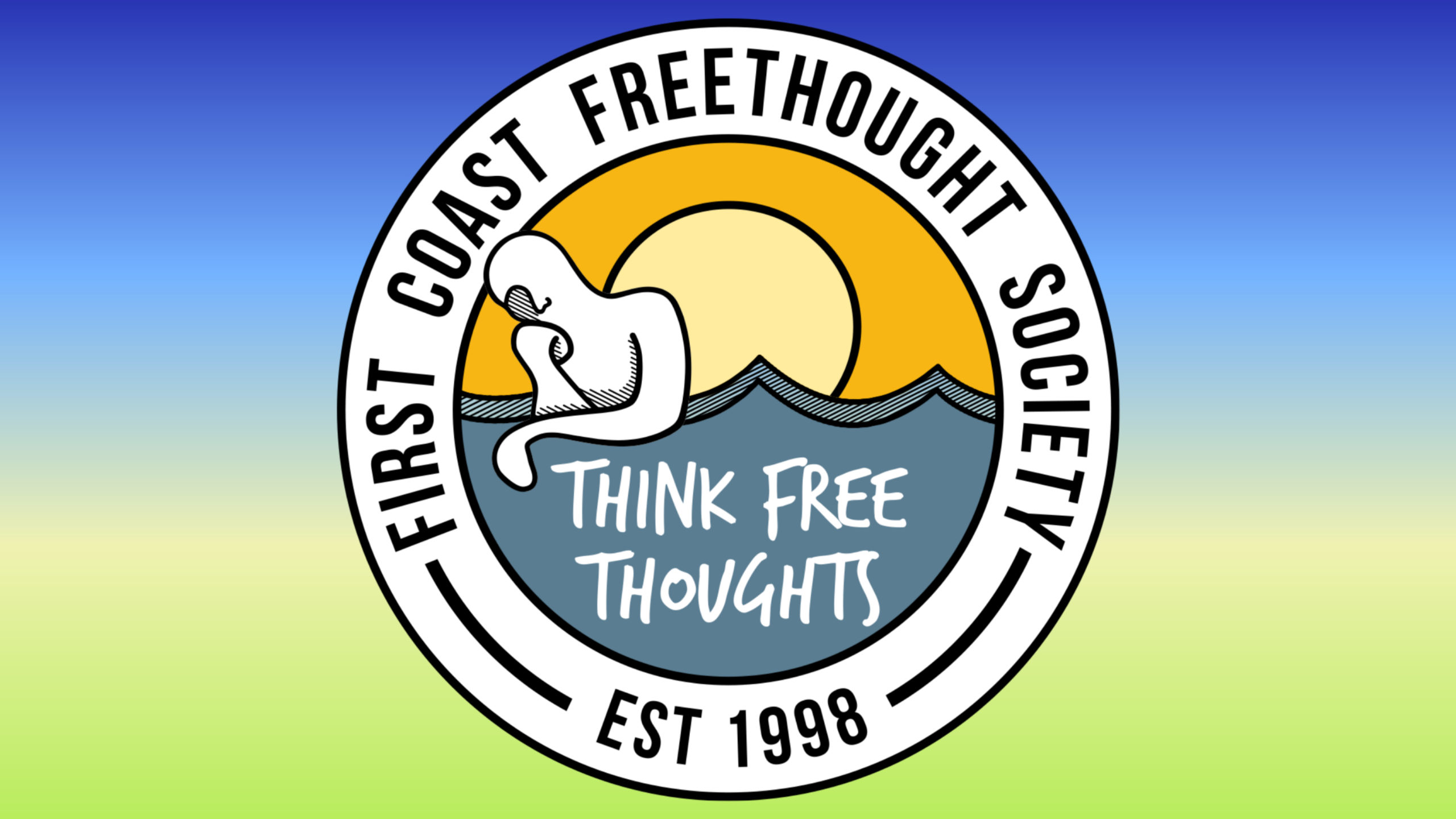Moms for Liberty and CCDF are trying to get books banned. Please show up at school board meetings and tell the locally elected school board how important books were to you when you were young.
More Moms For Liberty Theatrics:
Moms For Liberty member Bruce Friedman began reading what he considers objectionable content aloud at board meetings,
https://www.jacksonville.com/story/news/education/2023/09/28/clay-county-book-bans-list-could-grow-even-longer-bruce-friedman-captain-underpants/70990213007/
The school board needs to do its best to stop the salacious performances that occurred at the December 5th school board meeting. Demand that people follow the proper procedures to challenge a book.
Whether or not the book is age appropriate should be determined by a committee that has read the whole book; that’s part of the process when a book is formerly challenged.
Reading passages at a school board meeting isn’t part of the process to formerly challenge a book. If the passages (read at the December 5th school board meeting) were truly pornography, those public speakers should have been arrested under f.s. 847.011. The fact that Moms for Liberty (M4L) School Board Member Carney didn’t call for their arrest indicates she didn’t really think the words were pornography in spite of what she said at the end of the meeting. It’s all M4L salacious theatrics.
The December 5th public comment speakers took passages out of context in order to be as salacious as possible. Should they be charged with a misdemeanor per f. s. 847.011? The answer is no because what they read was not something that should be banned under the obscenity laws.
Listen to school board member Hershey insist that books be removed:
Keep in mind that books can be considered age appropriate for certain ages even if they have some profane words or comments about rape as long as the book (per 847.001) does NOT appeal to a prurient interest. F.s. 847.001 reads as follows:
12) “Obscene” means the status of material which:
(a) The average person, applying contemporary community standards, would find, taken as a whole, appeals to the prurient interest;
(b) Depicts or describes, in a patently offensive way, sexual conduct as specifically defined herein; and
(c) Taken as a whole, lacks serious literary, artistic, political, or scientific value.
Rape is a disturbing subject, but novels can offer valuable lessons about what consent means and how to speak up when you see toxic masculinity.
In addition to asking your school board member to encourage people to follow the proper procedures to challenge a book, ask that a public speaker’s mic be turned off if they say vulgar or profane language as required by board policy. Surely a racial slur and the word “fuck” would qualify—words that public speakers were allowed to say at the December 5th school board meeting without reprimand by Vice Chair Joyce who was put in charge of moderation of the public comment period.
By the way, the rules about posting curricula and book titles on the web and requiring a process to challenge a book only applies to the district-run schools not all publicly funded schools. Shouldn’t taxpayers be concerned about how charter and voucher schools are spending our money? Please ask your state legislators why taxpayers can’t challenge books purchased by all publicly funded schools including the charter and voucher schools. Is the challenging of books really to protect taxpayer money or to make it harder for the district run schools?
To summarize:
- Go to a school board meeting and tell them that reading is important
- Write your school board representative and tell them to quit banning books based on the readings of passages taken out of context at school board meetings
- Write your school board representative and tell them to enforce the rule of no profanity or vulgar language at school board meetings
- Write your state representative and tell them to quit passing onerous bureaucracy that applies only to the district-run schools run by the locally elected school board. IF it is a needed safeguard, then it should apply to all publicly funded schools, e.g. district-run, charter, and voucher funded.
